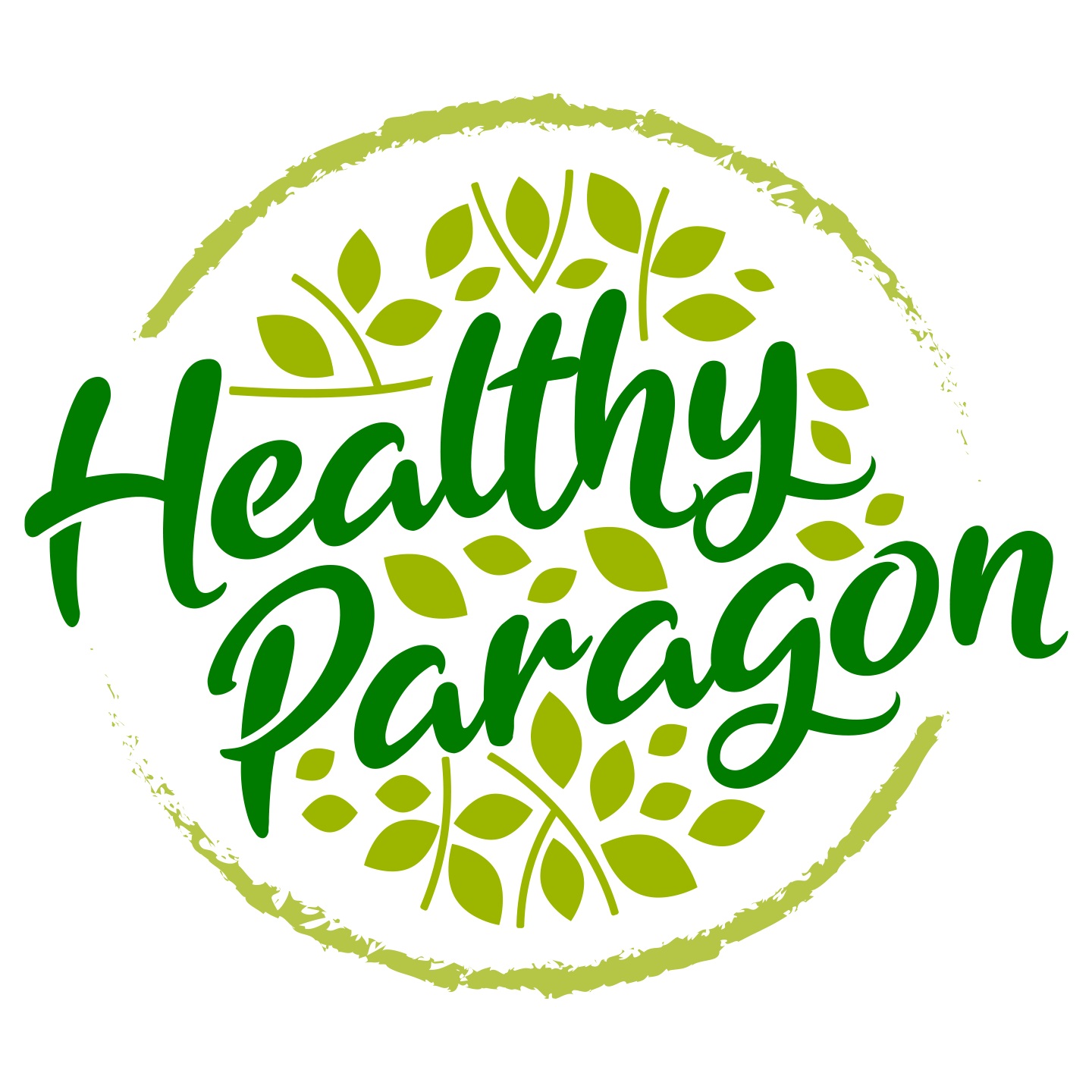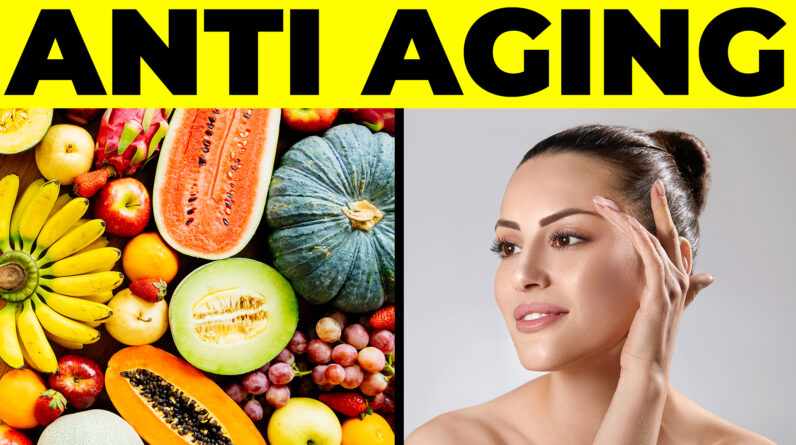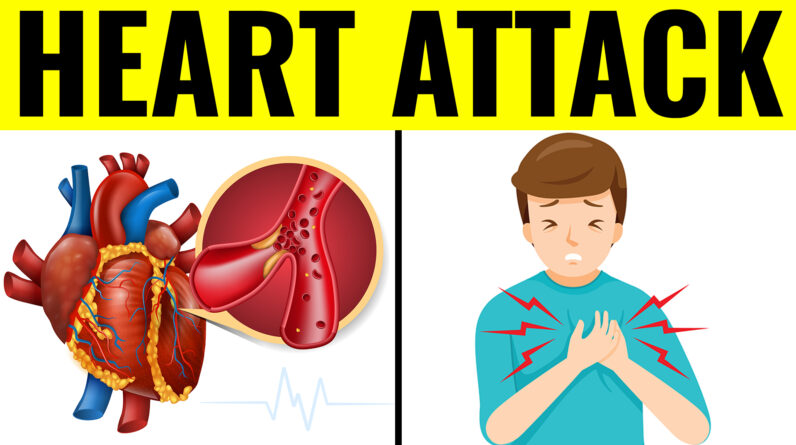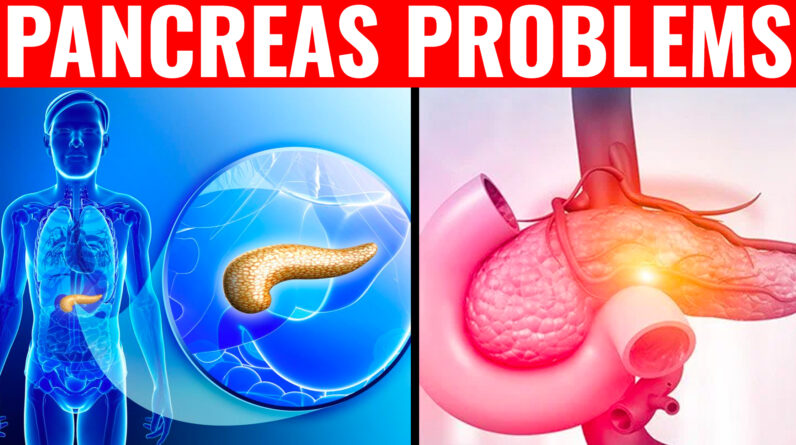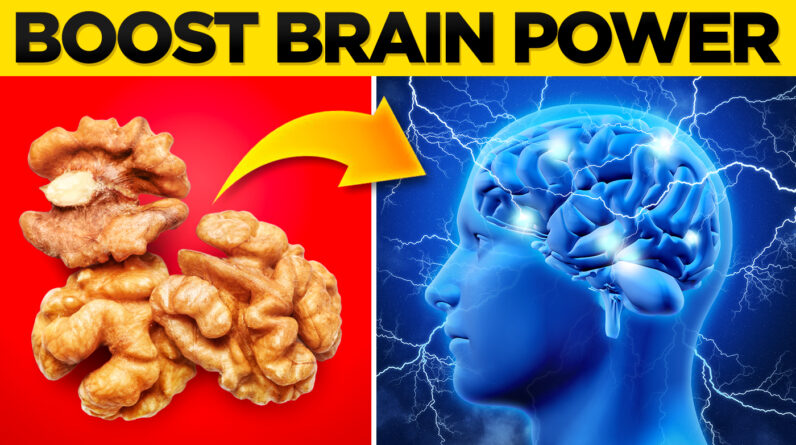
That a healthy brain will allow for a healthy body and life in general is certainly not a foreign concept. So, it makes sense that you’ll try to incorporate some foods that are great for your brain into your diet. In this article, we’ll be looking at the top ten of those foods. So, in no particular order, the first on our list is:
Number 1: Dark Chocolate
The reason dark chocolate is so good for your brain is because it is made out of cacao. And the reason cacao is so good for your brain is because it contains flavonoids. Now, flavonoids are a group of antioxidants that help to reduce brain stress that usually causes age-related cognitive decline and certain brain diseases. And the way flavonoids do this is by improving blood flow in the brain and also encouraging the growth of blood vessels in the areas of the brain that are responsible for learning and memory.
Aside from the actual brain, though, eating chocolate can also help improve your overall mental wellbeing. That is, you could improve your mood and your chances of having positive feelings when you eat dark chocolate. It is no wonder that chocolate works so well as a comfort food.
Number 2: Coffee
Coffee is already quite popular for being alertness-boosting. But, not many people know that it is also great for your brain for other reasons, and there are two key components of coffee that are responsible for this. One is caffeine. Aside from being the thing in coffee that blocks out sleep, caffeine also helps to improve the brain’s capacity and to sharpen concentration.
The second is antioxidants, and antioxidants are absolutely important for the brain, especially as you get older. Now, the antioxidants found in coffee are the reason why lifelong coffee consumption has been linked to reduced risks of cognitive diseases and certain neurological diseases including Parkinson’s and Alzheimer’s.
However, because of the sleep-altering abilities of the caffeine content, try not to consume too much coffee in a day in order to not do serious damage to your sleep quality and pattern. In fact, for some people, a doctor might recommend that they do not take coffee at all.
Number 3: Eggs
Eggs are simply awesome; they are versatile, which means they can be eaten in a variety of ways, and also have a number of health benefits. But for its brain health benefits, it contains choline, a couple of B vitamins and folate.
Choline is an excellent micronutrient that helps to improve memory and general mental function, and eggs are a great source for that. Now, the recommended daily amount of choline is 450mg for an adult female and 550mg for an adult male. And to tell you how rich eggs are, just 1 egg yolk contains 112mg of choline, so imagine what happens when you eat just a couple.
Moving on from choline, both folate and the B vitamins contained in eggs are great for slowing mental decline in the elderly and also improving one’s mood. But specifically, vitamin B12 has been linked to the regulation of brain sugar levels.
Now, as I mentioned earlier, eggs are versatile; they could be eaten as a stand alone meal, added to a salad or prepared in a number of other ways. Whichever way you choose to eat it is great, but eating them boiled is probably better than say scrambled or fried just because the former allows you all the goodness of the yolk.
Number 4: Fatty/Oily Fish
The reason you want fatty or oily fish in your diet is because they are an excellent source of Omega 3 fatty acids. Omega 3 fatty acids are useful for building brain and nerve cells, leading to improved learning and memory. They could also help to reduce occasions of age-related mental and neurological diseases too.
Knowing this you’ll have to agree with me that eating fish, at least, twice a week, is a good idea. Some fatty fish you could try include mackerel, tuna, sardines and salmon. However, if fish isn’t your thing, you could look to other sources for your omega 3s, including flaxseeds, nuts and soybeans.
Number 5: Berries
Berries are another excellent source of flavonoids, which we already talked about, so we won’t go into much of that again. Thankfully, flavonoids are not all that berries have to offer; they also contain a number of other antioxidants that are great for reducing inflammation and also slowing down age-related neurological and cognitive decline.
Adding berries to your breakfast cereal will not only afford you the richness of said berries, but is also a great way to make your breakfast healthier. Some berries you could try include mulberries, strawberries and blueberries.
Number 6: Broccoli
First off, broccoli is a great source of dietary fiber, which means that eating it will help with digestion and bowel movement. But even more than that, broccoli is one of those foods that is excellent for reducing risks of neurodegenerative diseases.
Broccoli is also a rich source of vitamin K, and by that I mean that you get more than 100% of your daily vitamin K recommendation just from eating broccoli. And the reason this is a good thing is that it helps to boost memory.
So, go ahead and add some broccoli to your salads or meals, but consider steaming instead of cooking in order to preserve their nutrients. That said, if broccoli is not readily available or it is just not your thing, you could try other cruciferous vegetables like bok choy, cabbage, kale or turnips.
Number 7: Avocados
The reason avocados are so popular in healthy circles is because they contain healthy unsaturated fat. However, unsaturated fat isn’t only good for maintaining a healthy weight, it has also been linked to a decrease in blood pressure. And in reducing blood pressure, the risk of cognitive decline also invariably reduces. Avocados are also a great source of omega 3 fatty acids, which, as I already mentioned, help to improve learning and memory.
So, keep chopping your avocados into a salad, and mashing them into guacamole. This way you will not only please your taste buds, but also boost your brain power.
Number 8: Nuts and Seeds
Nuts and Seeds are excellent for your heart and, here is something interesting, the heart and brain are somewhat connected, at least, in a way that an improvement in one could cause an improvement in the other.
In addition to that, nuts and seeds have been shown to help boost memory, improve cognition, and reduce chances of neurodegenerative diseases. And the reason for this could be because they contain a decent amount of vitamin E.
Now, if you are looking for the nuts and seeds that will afford you the most amount of vitamin E, then you’re definitely looking for hazelnuts, sunflower seeds and almonds.
Nuts and seeds are super easy to incorporate into your diet; for seeds, you could add them to a main dish, mix them in with your vegetables or add them to your salads. And for nuts, you could add them to your cereal, your yoghurts or also your salads.
Number 9: Oranges
Just by eating one medium sized orange, you get 100% of your recommended daily vitamin C amount. Now, in addition to its many benefits, that include managing high blood pressure and boosting immunity, vitamin C also helps to lower risks of heart disease; and as I earlier mentioned, an improvement in heart health could cause an improvement in brain health.
However, more specifically, vitamin C helps a great deal in protecting memory and preventing mental decline as one ages. What this means is that, the older you get, the more particular you want to be about your vitamin C intake. So, that you do not like oranges should not be a reason for you to skimp on your vitamin C intake, especially considering that there are other excellent sources of vitamin C you could look at, including bell peppers, tomatoes or kiwi.
Number 10: Turmeric
The most active ingredient in turmeric is curcumin and it is quite unique in the way it works. Unlike most food nutrients that have to be transported via the blood to wherever they are needed in the body, curcumin goes straight to the brain where it is needed and sets to work almost immediately.
Now, what exactly does it do? For one, it could encourage the growth of new brain cells, leading to a delay in mental decline as one ages. Curcumin could also help to improve memory, making it a good idea for people that have Alzheimer’s. And, interestingly, consuming curcumin could help boost your serotonin and dopamine levels, leading to an improvement in your mood.
That said, because turmeric is a spice, it is really easy to incorporate it into your meal. So, you can add it to whatever you cook or just use it to make some turmeric tea.
To wrap up this article, I just have to mention that you can’t eat unhealthy food, throw in a couple of these ‘brain foods’ and expect that your brain power and memory will magically improve. You need a base of healthy food or a balanced diet for brain foods to be effective. So consider switching some of the unhealthy carbs and sugar intense foods you eat with some healthier stuff.
